Join 1000s Who Trust DermOnDemand
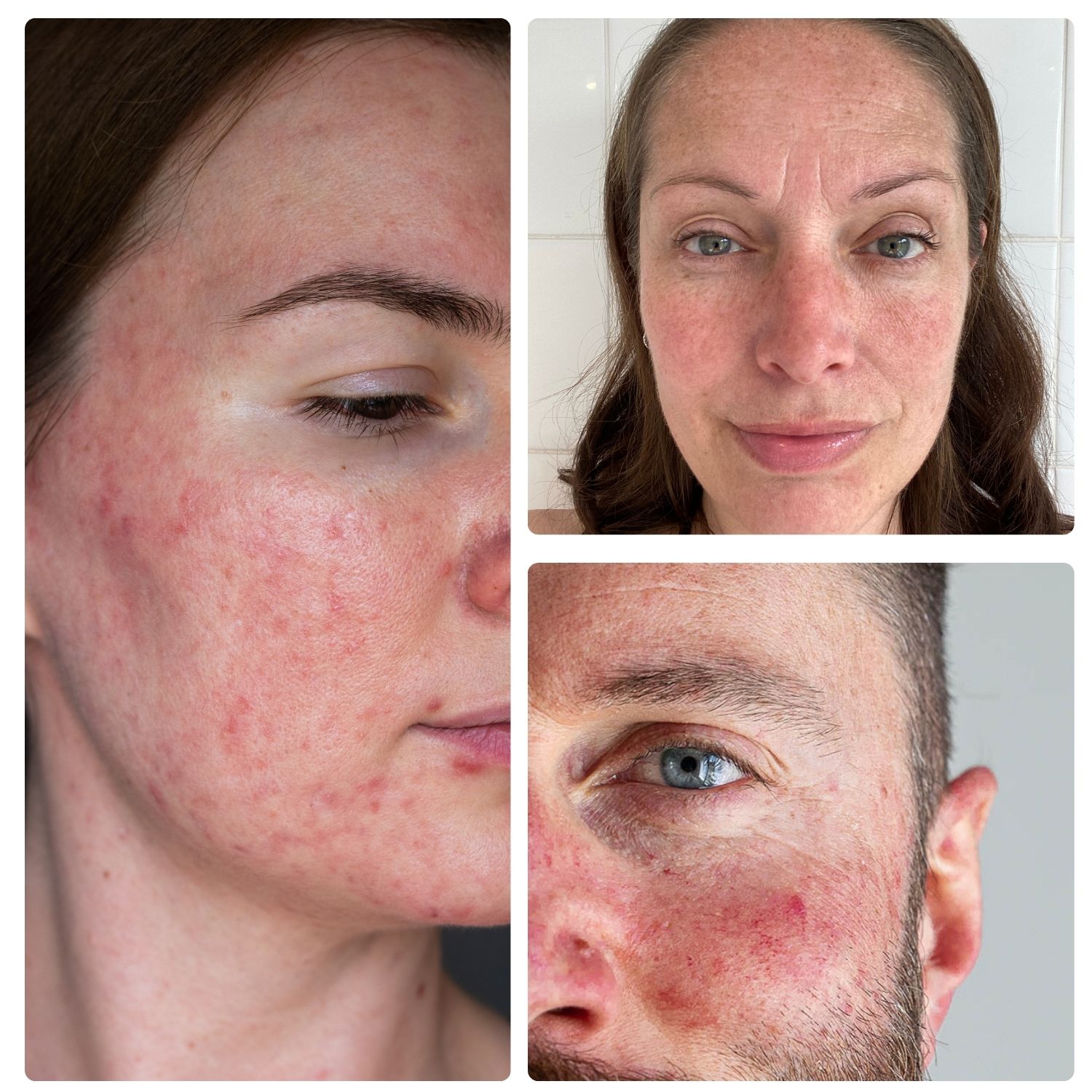
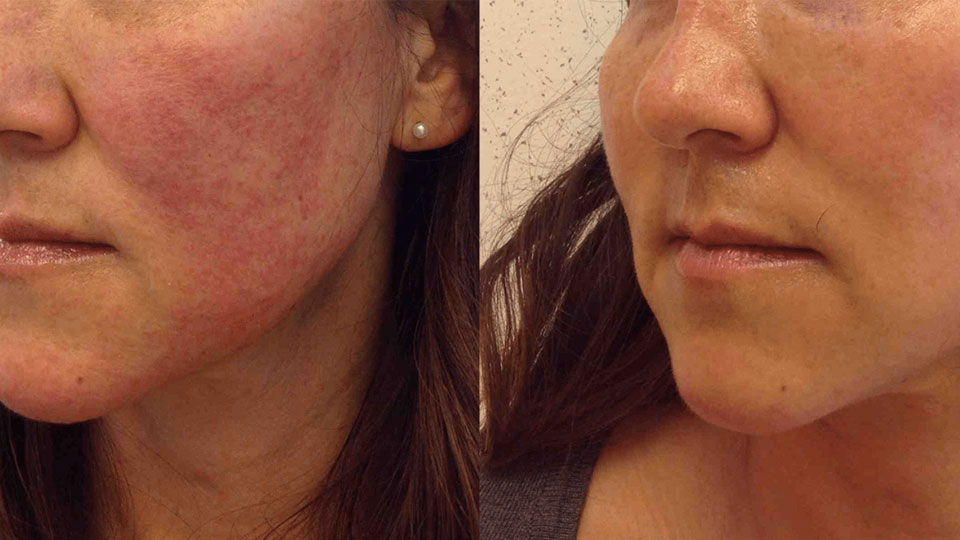
“The redness has calmed down significantly, and my skin feels much more comfortable.”
Emily
DermOnDemand patient
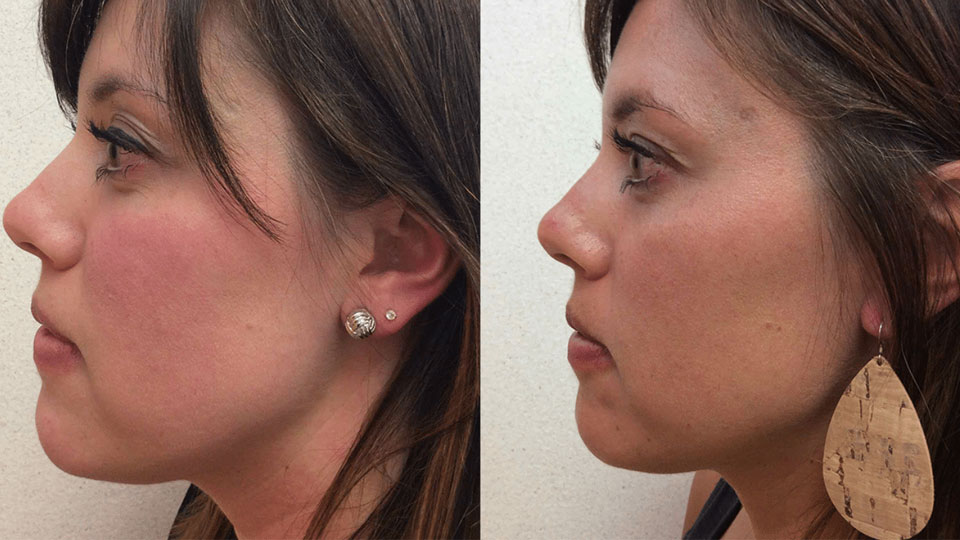
“I no longer feel self-conscious about redness — the improvement is very clear.”
Lauren
DermOnDemand patient
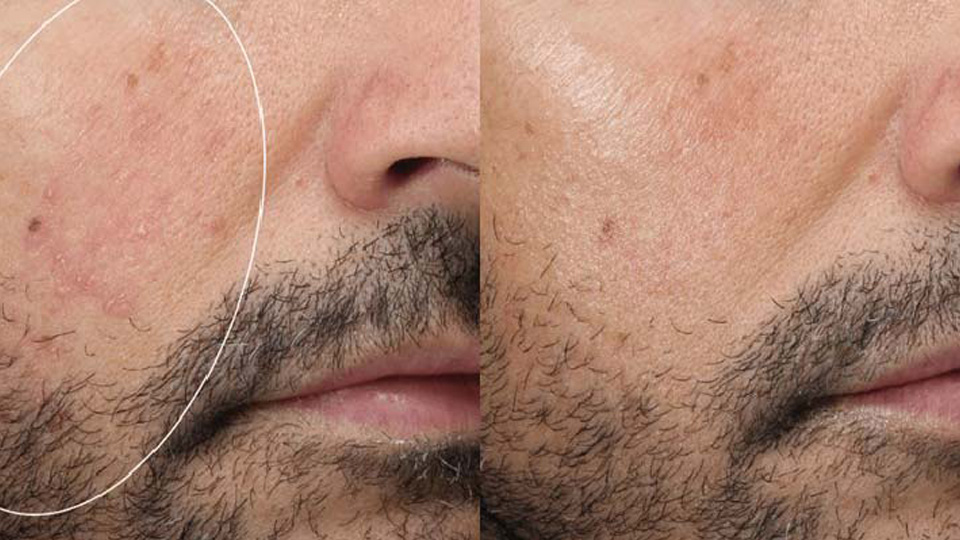
“The burning and flushing have reduced a lot — my skin finally feels under control.”
David
DermOnDemand patient
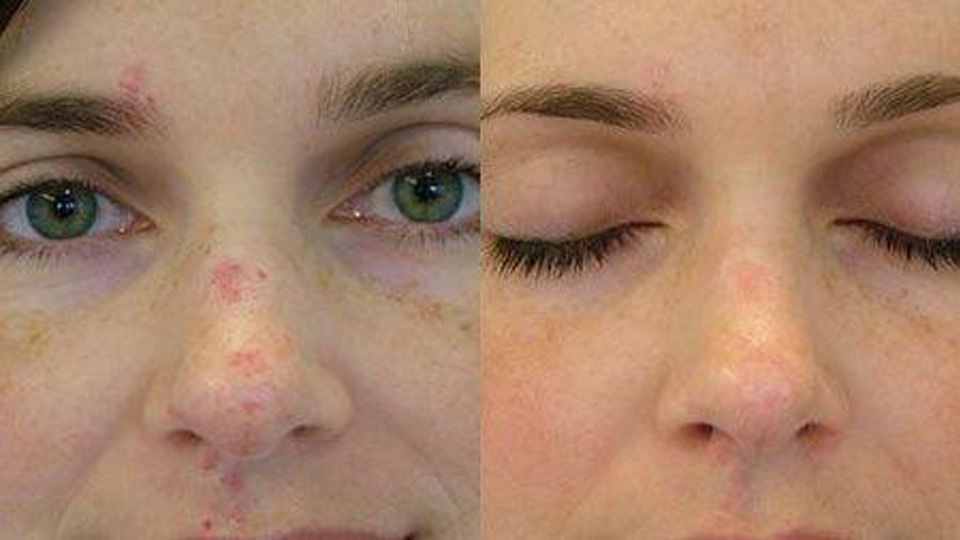
“My flare-ups are far less frequent, and my skin tone looks more even.”
Rachel
DermOnDemand patient
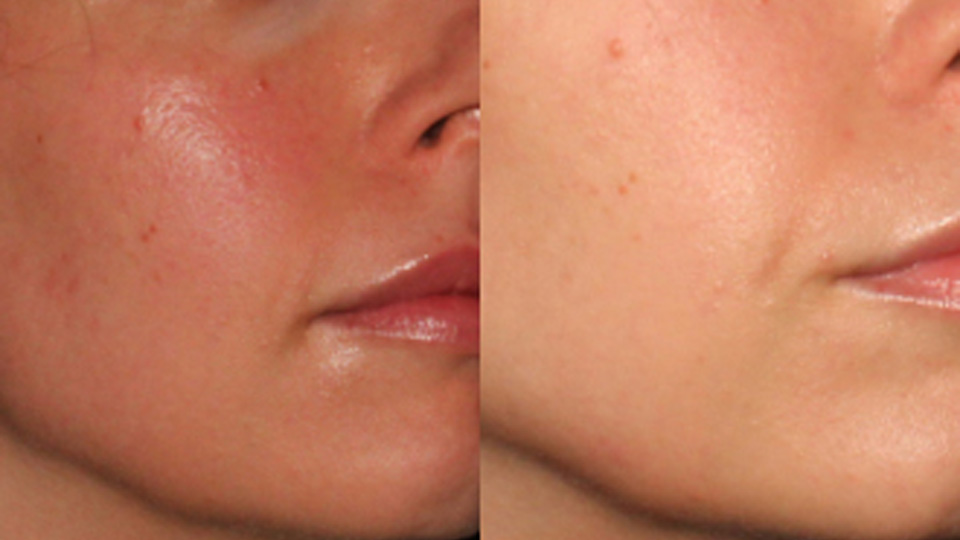
“My skin looks calmer, smoother, and much less irritated now.”
Michelle
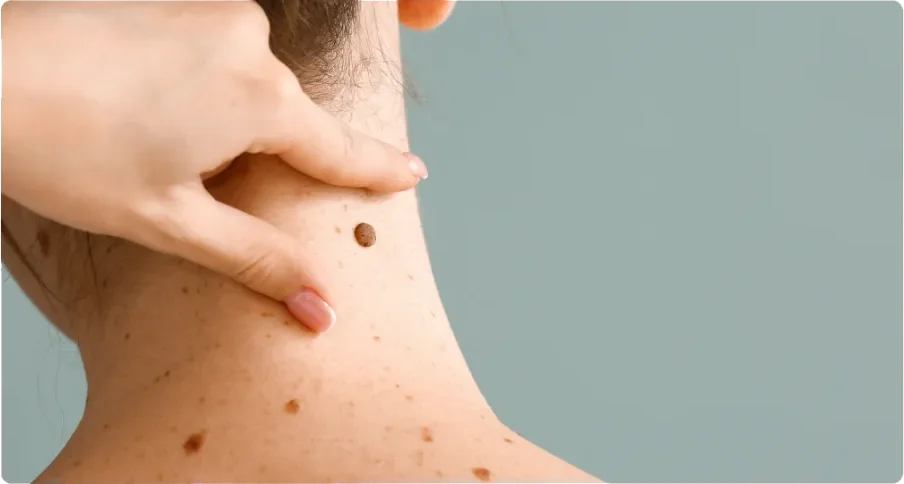
Quickly share your skin concerns by answering a few questions and uploading photos—it takes just 5 minutes.

Our dermatology team will carefully review your information, diagnose your condition, and create a tailored plan within 24 hours.
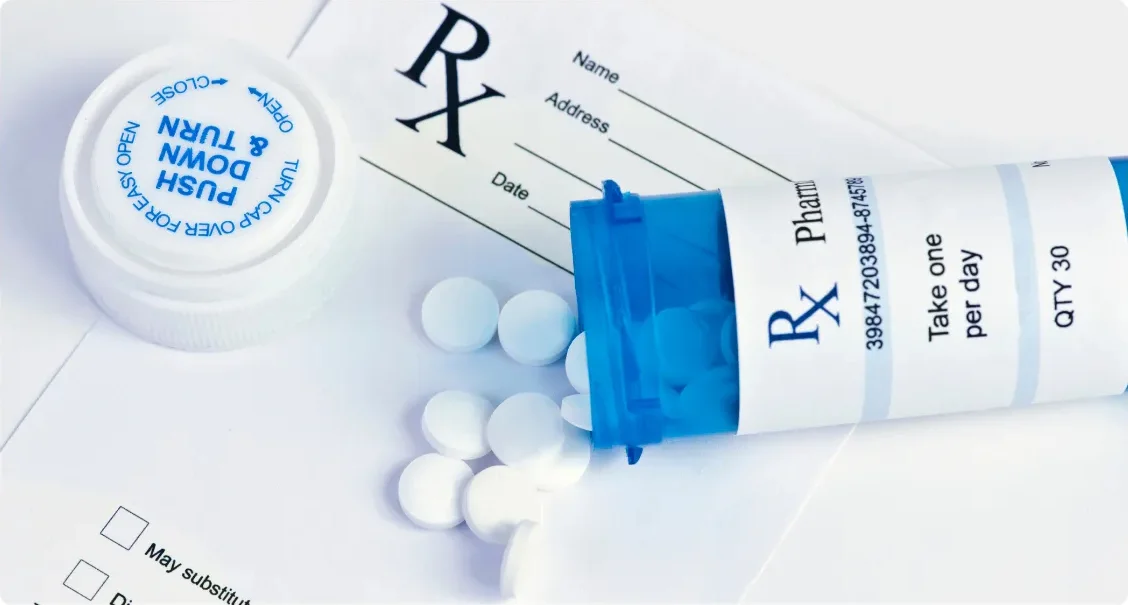
Your customized plan will be sent directly to you, and prescriptions (if needed) will go straight to your pharmacy.
Yes, it’s common for acne to temporarily worsen when starting a new treatment as your skin adjusts. This “purging” phase occurs when treatments increase cell turnover, bringing clogged pores to the surface. It usually lasts a few weeks before improvement starts.